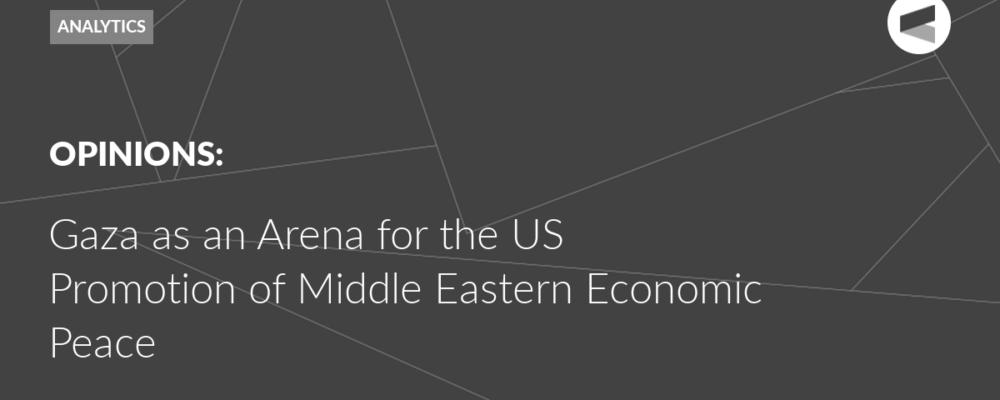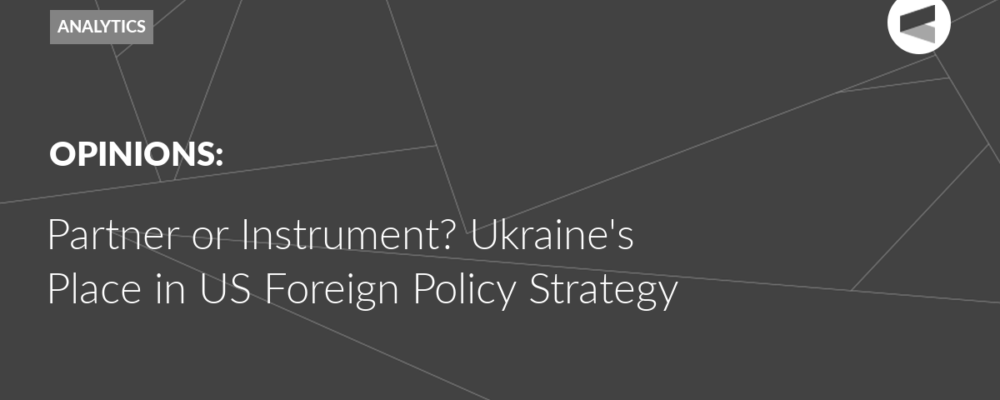On February 20, 2025, the Valdai Club hosted an expert discussion ahead of the early Bundestag elections, titled “The Phenomenon of Modern Germany: Where Is German Politics Heading?” Fyodor Lukyanov, the moderator of the discussion, noted that the political situation in Europe is currently changing. The era of stable governments is fading into the past, and this is a characteristic of the new international environment. Judging by the fact that this trend has spread to Germany, which has always been distinguished by the exceptional stability of its political system, it can probably be considered a new normal.
“Germany surprises, and this is pleasant,” said Vladislav Belov, Head of the Centre for German Studies at the Institute of Europe at the Russian Academy of Sciences. It would seem that the future “established parties” (the parties entrenched in the local parliaments and the Bundestag) have already been determined. Everyone noted the sharp rise of the Sahra Wagenknecht Alliance (BSW), which does not yet have such a status, but it entered the European Parliament and showed itself brilliantly in the local elections, including by appealing to foreign policy topics. However, now, according to polls, its popularity is falling and the popularity of ‘Die Linke’ (The Left), which many experts had written off, is growing. The remaining open question of whether the liberals and BSW will enter the Bundestag is important, because if fewer small parties enter the parliament, it will be easier for the winner to form a coalition. Otherwise, the parties look at each other and play on their own fields. The BSW included in its program the maximum of what looks attractive to the voter. Alternative for Germany (AfD) is losing votes because the CDU/CSU alliance has begun to play on its field. The Social Democrats (SDP) are also trying to carefully attract the protest electorate.
Roger Köppel, editor-in-chief of the Swiss newspaper “Die Weltwoche”, called what is happening in Germany and other Western countries a turn to the right, to the conservative side after about twenty years of moving to the left. “It’s like a law of nature. In good economic times, people start to behave more frivolously, to live beyond their means. Germany went through a period of good times and started to move to the right,” he explained. The question is not about the general direction, but how far to the right, to the conservative side, the likely future chancellor Friedrich Merz will move and how aggressive the reaction of the left will be. Speaking about Switzerland’s attitude to this global right-wing wave, he emphasised that it needs to act carefully and return to its tradition of complete neutrality towards all countries of the world. “I think the world is returning to normality, to normal thinking, moving away from the strange ideological movements that we have seen recently. A shock therapy of realism is currently taking place all over Europe,” he added.
Artyom Sokolov, Senior Research Fellow at the Institute for International Studies, MGIMO University, pointed out that since the late 1940s, Germany has not seen such direct instructions from its American partners on whom to vote for in elections and what policy to pursue. This has generated a negative reaction in society and has caused great confusion in the CDU/CSU, the leader of the election race. These instructions are pushing it towards a coalition with the Alternative for Germany. However, this situation is unlikely to have a direct impact on German elections – the “normalisation” of AfD will probably not happen before the next election cycle. Characterizing Merz’s possible future policy in the transatlantic direction, Sokolov suggested that it will be based on his legal experience and experience in the business environment – that is, on the idea of “good deals”.
Maria Khorolskaya, Research Fellow at the Department of European Political Studies, IMEMO RAS, analysed the possible role of German business in policy formation. In her opinion, business structures now have fewer opportunities for political influence than before, but the situation of uncertainty may allow them to offer their own solutions. Business will advocate for maintaining economic ties with the United States and will try by all means to avoid a trade war and its accompanying difficulties. At the same time, against the backdrop of problems in transatlantic relations, hints of a turn towards China are increasingly heard. Separately, we can talk about German defence concerns, which are playing the card of the conflict in Ukraine and the card of complicating transatlantic relations, achieving long-term orders and increasing defence spending. In general, while political elites are looking for ways to build foreign relations, a window of opportunity for German business, despite all the difficulties, is opening up to strengthen its positions.
The Valdai Discussion Club was established in 2004. It is named after Lake Valdai, which is located close to Veliky Novgorod, where the Club’s first meeting took place.
Please visit the firm link to site






